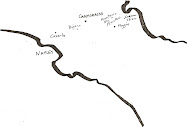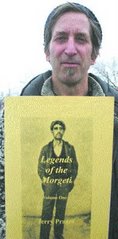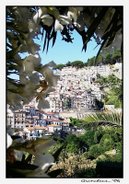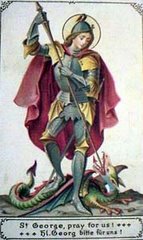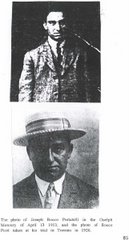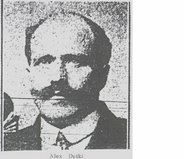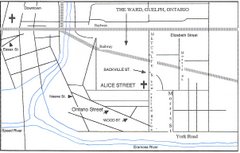There is however an intensity that I'm not entirely certain I share, or at least, my own intensity is tempered by the tragedies in the stories I recount in the book.
It could be that journalists in Guelph have for years found themselves frustrated by knowing pieces of the truth about this city but not being able to write about it because all the evidence available to them was anecdotal, rumours with substance but no seeming entry point for an 'objective' story. That frustration may have found an outlet in my book, like an opened door through which the journalists now seem prepared to enter.
And in some ways I can't blame them. I began with a similar emotion, but my emotions got subjugated to spiritual necessities even more than socio-political ones the longer I worried my way into the subject.
In the book I constantly make a distinction between the mobsters from San Giorgio Morgeto - whom I call Morgeti, and the non-mobsters, the majority of the villagers and their Guelph descendants, the Sangiorgiosi.
The spiritual necessity that informed the book and resonated into the tone of the work, is that the two distinctions nonetheless constitute one people. What Northrup Frye through Coleridge explained as the necessity for distingiushing that which cannot be divided. These aren't just stories about crime families, they're stories about families, uncles, brothers, cousins. The book is dedicated to the victims of vendetta. It's for their loved ones in some ways.
But decide for yourself what you think of the editorial, it follows this post below, and the online original can be accessed through a direct link by clicking on that post's title.
Jerry
